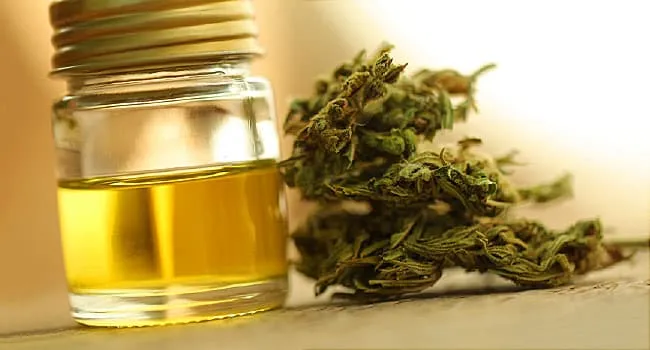
Drugs derived from natural sources, such as plants, are some of the world's oldest medicines. Many drugs are still made from natural sources. Michael Kopcha, PhD, a registered pharmacist and director of the Office of Pharmaceutical Quality at the FDA, answers some questions about these drugs.
Q: What is a naturally derived drug?
Kopcha: Prior to the creation of the first drug made using chemistry, nearly all drugs came from natural sources such as plants, animals, and fungi. Even today, drug manufacturers isolate many ingredients in drug products from natural sources. One interesting example is cannabidiol, the active ingredient in an FDA-approved seizure drug. The drugmaker isolates cannabidiol (CBD) from the Cannabis sativa plant, more commonly known as marijuana. CBD does not cause the “high” associated with marijuana.
How does the FDA determine if a product from a natural source is a drug and not a dietary supplement?
Occasionally, even experts in this field mistakenly think that the source, the process for making a product, or even its purity determines whether a product is a dietary supplement or a drug. In the U.S., the distinction is based on intended use. The labeling on a dietary supplement cannot make a claim to diagnose, cure, mitigate, treat, or prevent disease.
How does the FDA assure the quality of naturally derived drugs?
Like all drugs, they must be made so that they are consistently safe and able to provide their intended benefit. To do this, drug manufacturers must meet quality standards that ensure every dose of a drug is of the appropriate strength and free of contamination and defects. The FDA has a dedicated botanical team to address unique considerations for developing complex drugs derived from plants. This helps the FDA assure that manufacturers of plant-derived drugs are capable of meeting quality standards prior to approval. This is another reason why you can have confidence in your next dose of medicine, no matter the source.
Learn more about the FDA's Botanical Review Team at fda.gov/botanicaldrug.
By the Numbers
6%: Percentage of FDA-approved drugs that are natural products.
3000 B.C.: Date of one of the earliest known medicines, the juice of the Papaver somniferum plant, which contained morphine.
More than 80%: Percentage of the world's people who rely on natural products for some part of their primary source of health care.
More than 550: Number of known compounds in the Cannabis sativa plant from which scientists isolate cannabidiol.
Find more articles, browse back issues, and read the current issue of WebMD Magazine.
